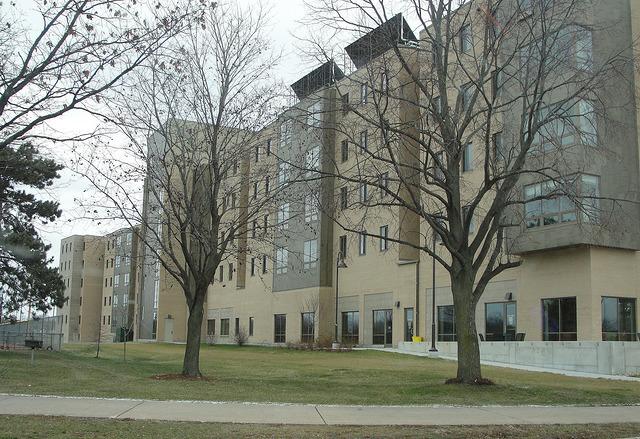There’s a certain expectation among the American public that college academia is a sector of education not meant to be tampered with in any way. It’s assumed a list of majors is not meant to be edited, at least as it relates to eliminating programs. The consensus, often existing in subconsciousness, is that major programs are more or less absolute. In essence, it would come as a shock to most to learn that an entire program will cease to exist on any given campus, let alone 13.
The University of Wisconsin-Stevens Point is in the midst of implementing a plan to essentially overhaul its focus as a university. Simply put, the university plans to cut 13 majors from its academic lineup in favor of bolstering programs more securely-linked to a career post-graduation.
Among the more than a dozen majors that won’t make the cut are political science, history and geography. The major programs that will reap the benefits of monetary and faculty expansion include the likes of environmental engineering, information science, ecosystem design and remediation, captive wildlife, and aquaculture/aquaponics. The university reported this shift is part of a plan to address a deficit of nearly $4.5 million due to a decline in enrollment over the previous two years.
The immediate, albeit brash, reaction to such a move would be to suggest Stevens Point doesn’t value political science as a field of study, or that garnering knowledge on our human race’s history is of less importance than that of information science. Logically, this seems to line up. Destroying one program while boosting another seems to suggest the major that got the boot is not seen as integral in any way. Even further, a general assumption would be that such a move makes even less sense in an era where political engagement feels near-mandatory.
Upon closer inspection, this campus-wide move is more aimed at sustaining the wellbeing of the university than it is about placing a value judgement on one major over the other. Considering competition has drastically increased among public universities, it’s important for Stevens Point to adapt to meet the competition of the rest of the field.
As such, focusing the core of their academic opportunities on majors proven to be more popular among incoming freshman could go a long way in ensuring the prosperity of the school. Failure to address a billowing deficit, declining enrollment and low tuition revenues would make Stevens Point all but dead in the water.
What’s more, the deletion of such major programs does not oust the field of study in its entirety. Students enrolled in such programs will be able to finish out their degrees, avoiding the debacle of stranding committed students without a path to follow. Additionally, classes taught in that field won’t cease to exist, with minors and certificates still available to students.
The case at Stevens Point is not only a controversial example, but one among many where the casual news consumer will jump to baseless conclusions. There’s a lesson to be learned at Stevens Point. At all times, there exists a deeper story. Instead of the far more dramatic and consequence-laden outcome where Stevens Point students are deprived of the opportunity to pursue political science, it so happens the university is keeping its best interests in the forefront of its mind — students included.
While humanities do play a crucial role in promoting ideas of social tolerance, crucial historical knowledge and political engagement, they’re not lost at Stevens Point. Any university reserves the right to implement institutional changes regardless of perceived criticism. In the case of Stevens Point, while it may seem the school is depriving its student body of access to valued and productive information, they’re actually aiming to do what’s best for the school’s future, which comes with some sacrifice.
In essence, next time you quickly gloss over a headline with the assumption you know precisely what your perspective is on the matter, take a deeper dive — you may surprise yourself.
Lucas Johnson (lucasjohnson@badgerherald.com) is a sophomore majoring in journalism and strategic communication.


